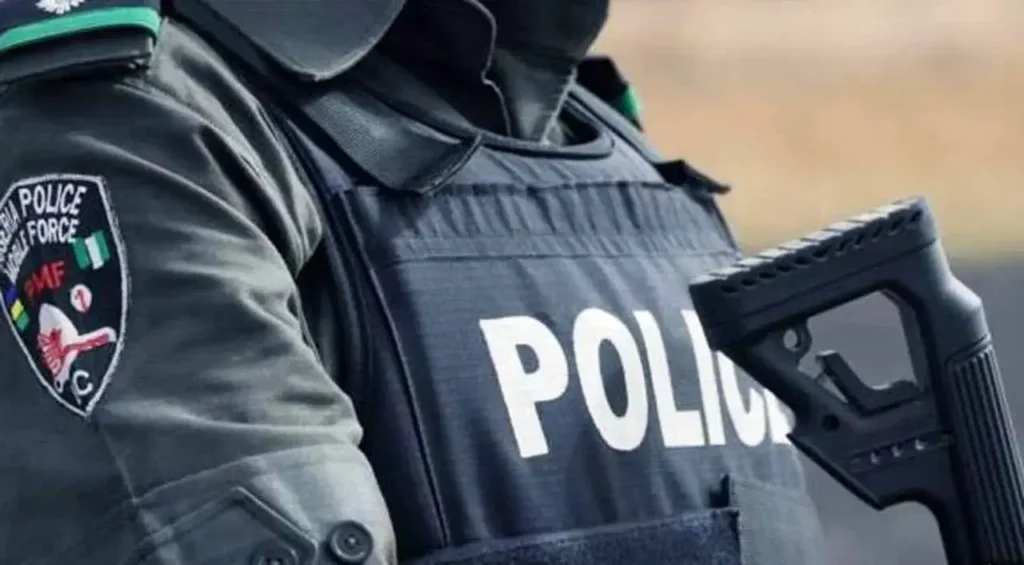A 9am News report confirms that the recent wave of killings in Benue and Plateau states has reignited nationwide calls for the establishment of state police, as stakeholders warn that Nigeria’s current security structure is insufficient to manage emerging threats.
Senate Leader Opeyemi Bamidele revealed that the Senate will formally resume deliberations on the state police framework upon reconvening next week. The issue is also slated for discussion during the upcoming National Economic Council (NEC) meeting, chaired by the Vice President and composed of state governors and key federal officials.
At its last NEC session on December 12, 2024, all 36 states and the Federal Capital Territory had signaled readiness to adopt state police. However, contrary to expectations, the February 2025 NEC meeting did not include the matter in its official communiqué.
Amid growing concerns over national security, several high-profile voices have joined the call for reforms. Pastor Tunde Bakare, Serving Overseer of the Citadel Global Community Church, has advocated for decentralised policing through zonal security councils. Speaking during his State of the Nation address in Lagos, Bakare urged the government to activate multilevel policing local, state, and zonal to improve responsiveness and accountability.
“These zonal security councils, chaired on a rotational basis by state governors, must be managed by nonpartisan security experts,” Bakare stated. “This would improve coordination with the National Security Council and ensure greater oversight.”
Bakare also called for a cultural shift within Nigeria’s law enforcement institutions, saying, “We must rebuild public trust by initiating deep-rooted reforms in organisational practices and ending inter-agency rivalry.”
In a similar vein, former Senate President David Mark condemned the ongoing killings and kidnappings, particularly in the Northcentral region, branding them acts of terrorism. Mark urged the Federal Government to formally designate violent herder groups and kidnappers as terrorists and take decisive legal action against them.
“If they are not terrorists, why are they killing people and displacing communities?” he asked in a statement released by his media aide, Paul Mumeh. “Their activities must not only be condemned but also prohibited outright. No one has the right to take a human life.”
Mark, whose hometown in Benue State was recently attacked, called for a ban on open grazing nationwide, describing it as a critical measure to reduce herder-farmer conflicts. He also recommended the creation of a specialized Border Security Force (BSF) to stem the influx of armed criminals taking advantage of Nigeria’s porous borders.
Meanwhile, Bamidele emphasized the moral implications of the recent violence, calling on all security agencies to act swiftly in bringing perpetrators to justice. “These attacks betray the values of peace, love, and unity that Christ stood for,” he said. “Security institutions must collaborate to identify and prosecute the masterminds behind these acts.”
He further cautioned political actors against using national crises to promote divisive narratives. “Such approaches undermine national unity. All Nigerians, regardless of background, must rise against violence and support efforts to build a secure and united country,” Bamidele added.
As the pressure mounts on federal authorities to deliver meaningful security reforms, Nigerians continue to demand immediate solutions to the rising insecurity threatening lives and livelihoods across the nation.
















